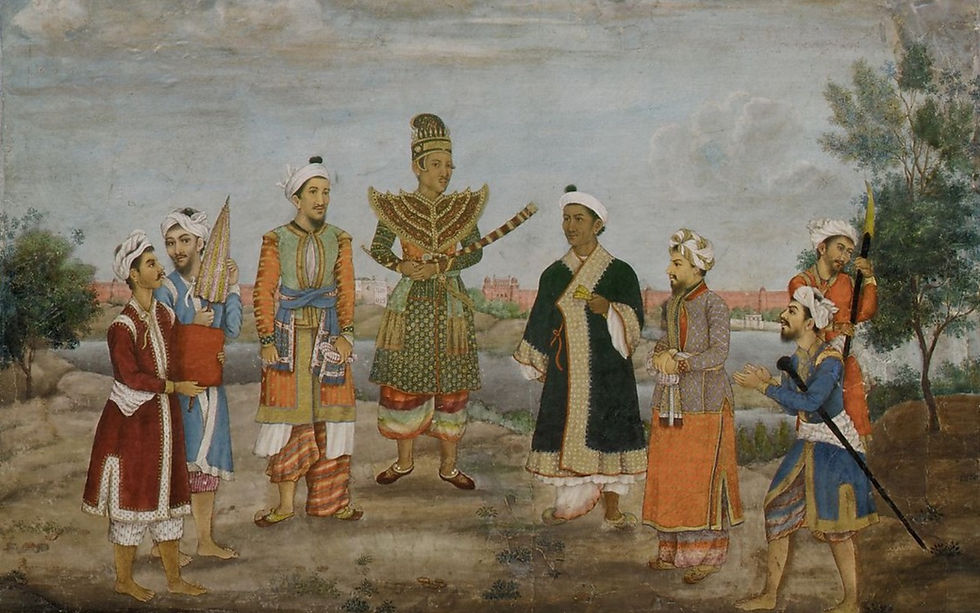Amazon, Alexa & Artificial Intelligence
- Gautam Bhatia
- Aug 29, 2021
- 2 min read
“Alexa” is a voice-activated virtual assistant that is a cloud-based [1] software powered by Machine Learning (“ML”) and Artificial Intelligence-based technologies (“AI”) deployed on a physical hardware device under the brand name “Echo” with Indian variants that are manufactured by Amazon Seller Services Private Limited (“ASSPL”) that is sold on Amazon India Private Limited (“Amazon”). Thus, the consumer has two distinct contracts. One is a contract of sale with Amazon which expires on the completion of the sale. The other is a contract of product and service with ASSPL which continues till the warranty period of Echo with certain provisions like compliance, confidentiality, and data sharing surviving as described in their ToU & Privacy Policy [2].
An appropriate answer to the query would have to address two different queries. One, concerning attribution of personhood to AI and secondly, whether this revert would cause any shift in the interpretation of the “corporate personality” of respective Amazon entities.
To address these queries, reliance is placed upon Artificial Intelligence & Policy in India [3].
“The real question is, when will we draft an artificial intelligence bill of rights? What will that consist of? And who will get to decide that?” - Gary Scott [4].
The separation of corporation identity being distinct from its ownership and management has already been established in Saloman v. Saloman [5].
Alexa with its AI & ML capabilities can perform certain functions proxy to humans like making appointments, taking notes, purchasing [6], imitate the human function of humor and interaction within the confines of its code with varying degrees of autonomy. Depending upon this existing autonomy, Alexa is classified as the strong AI variant known as Artificial General Intelligence. Even with this rating, and Alexa’s obvious clearance with the Turning Test [7], it is still an artificial person, neither akin nor independent to humans, it can mimic human thinking but requires human interference to function. The grant of personhood to AI would not be possible in India as it is still a form of intellectual property owned by ASSPL who shall vicariously be liable for Alexa’s operation beyond its scope of the source code, predefined, and predicted capabilities. The principal liability for all damage, default, and violation here would still be ASSPL being the manufacturer of the device, AI owner, and manager responsible for its technical errors and failure to operate.
The legal fiction of a separate corporate existence cannot be extended to Alexa as ASSPL already enjoys that privilege. Resulting in rights and remedies against Alexa attributable to ASSPL will continue to exist as they do under civil, criminal, and corporate statutes.
[1] Data received by Alexa and recorded on Echo is stored on Amazon’s regional Amazon Web Services India Sec Private Limited (“AWS”) that is analyzed by Amazon Digital Services Private Limited (“ADS”).
[2] Terms of Use, last updated December 17, 2020.
[3] Abhivardhan & Baldeep Singh Gill, Indian Society of AI & Law, Volume 1 (2020).
[4] Co-founder & Chief Technology Officer, AGILIRON.
[5] House of Lords (1897) AC 22.
[6] Voice-activated with stage-wise consent with options of automation.
[7] Dr. A.M Turing “Computing Machinery & Intelligence” (1950) Mind, Volume LIX, Issue 236, Pages 433–460.
Art: "His Master's Voice" by Francis Barraud.




Comments